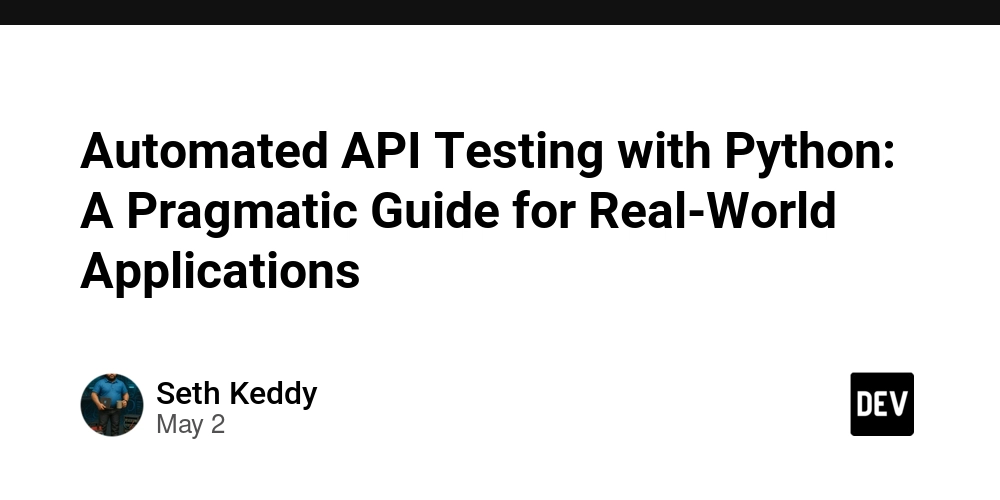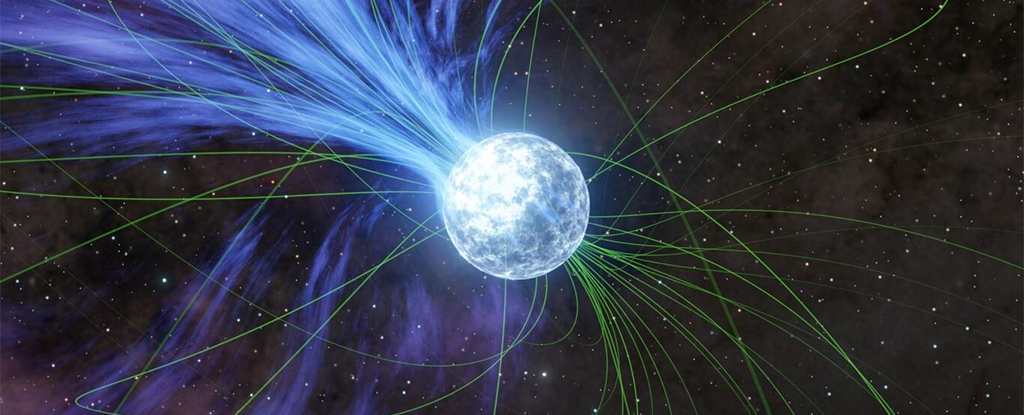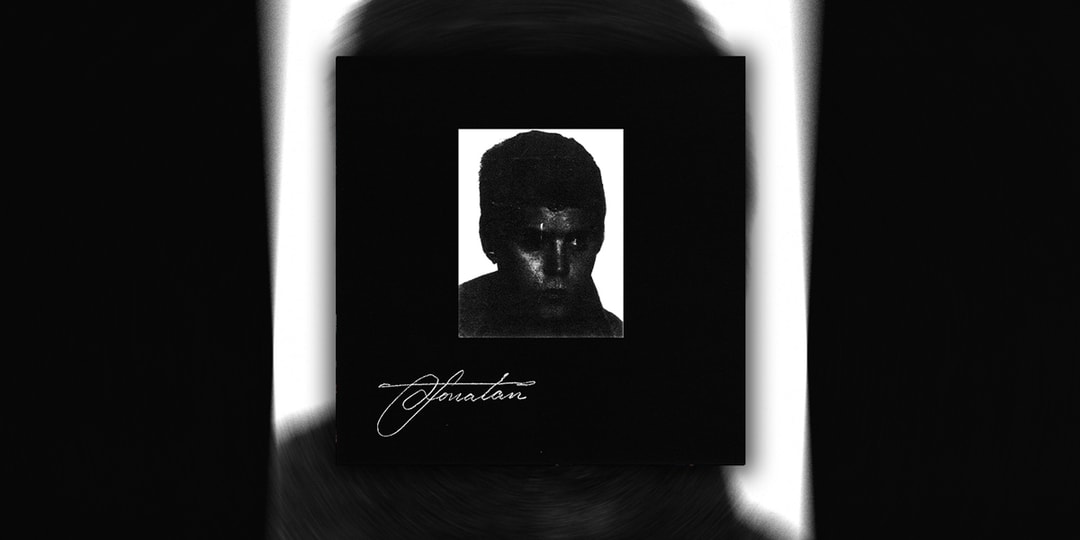Dems Push for “Educational Gag Order” Over Palestine Lessons in California
Critics warn a new bill clamping down on ethnic studies classes over antisemitism concerns goes too far. The post Dems Push for “Educational Gag Order” Over Palestine Lessons in California appeared first on The Intercept.

For years, California Democrats have defended their landmark program to put ethnic studies classes in high schools across the state.
In the face of national right-wing media attacks and local critics, the state’s governing supermajority passed a law in 2021 making ethnic studies a graduation requirement, which supports school boards to develop their own curricula for the courses.
But one particular area of study threatens to unravel the Democratic consensus: Palestine.
In the past year, state lawmakers have teamed up with community groups and the lobbying coalition Jewish Public Affairs Committee of California, or JPAC, in a push to regulate the ethnic studies program. They’re aiming to pass a law that curbs local school board control over ethnic studies curricula in response to classwork focusing on the history of Israel and Palestine that they say has promoted unprecedented bigotry against Jewish students.
The bill’s backers are framing the effort as a way to ensure that ethnic studies “will combat all forms of hate,” as one of the bill’s authors, Assemblymember Dawn Addis, wrote in a March 30 op-ed. “At a time when the federal government is trying to rewrite American history by banning diversity initiatives, California must persist in elevating the lived experiences of everyone in this country,” wrote Addis, whose office did not respond to inquiries from The Intercept.
But as right-wing groups oppose the bill and ethnic studies more broadly, a coalition of critics warn that the new controls could lead to the same type of state censorship in schools that has been put into law in conservative states like Texas and Florida.
“This language goes far beyond supporting culturally-responsive education in a general sense, and echoes educational gag order legislation we’ve seen in other states nationwide,” said PEN America spokesperson Suzanne Trimel in a statement. “This could result in state officials forcing a school or educator to pull certain materials they believe aren’t “fair” or don’t provide enough variety of perspective, concepts that are difficult to define.”
Assembly Bill 1468 introduced in February, would create new state standards for the ethnic studies classes that California schools must offer by the beginning of this coming school year.
The discipline has its roots in California’s college student strikes of the 1960s and was codified into state education law after years of deliberation in 2021. In that legislative process, teachers and scholars advocating for a more explicitly anti-imperialist approach in line with its radical origins lost out: Lessons on Palestine were excised from the law before it passed, and the left wing of the ethnic studies movement was sidelined from the process.
But still, the law required schools to begin offering an ethnic studies course by the fall of 2025, and schools teaching the course had the choice to develop curricula on their own, working with consultants and local communities or drawing upon guidance from the state.
Under the new law, standards will be written by a panel of academic experts in a specific subset of disciplines — African American studies, Latinx/Chicanx studies, Asian American/Pacific Islander studies, and Native American studies — with additional input from representatives of communities most frequently impacted by hate crimes according to state law enforcement.
The bill’s author has also promised more “traditional” scholars will be chosen by the governor. The state’s current model curriculum on human rights and genocide, within the history and social science category, briefly characterizes the Nakba as an event in which “Palestinians left Palestine.”
The California Department of Education would also receive all materials approved by local districts by 2026 and post their curricula online, with an eye for avoiding “abstract ideological theories” and focusing on the “domestic experience.”
On a call in March, the bill’s backers gathered on a webinar to discuss the game plan.
State Sen. Josh Becker, a Silicon Valley Democrat co-authoring the bill, said the bill “doesn’t ban anything.” He told the audience that his 12th-grade son received a presentation in an ethnic studies class that had a puppeteer’s hand holding strings and said, “Israel is a country created on Palestinian land. The United Nations says this is illegal.”
“We all knew the U.N. created Israel, and there was no Palestine before that, and Gaza was controlled by Egypt,” Becker said, in remarks that were cut from the final video posted on Youtube. “And we all know the history, this was not that.” Becker’s office did not respond to requests for comment, but he later posted on social media on the comments: “I don’t mean and haven’t meant to say or imply anything minimizing the Palestinian connection to the land.”
David Bocarsly, executive director of JPAC, explained to hundreds of listeners why he saw a new state law as a necessary step. “District-by-district outreach became a game of whack-a-mole, and we knew that we needed a statewide solution,” he said.
Part of PEN America’s criticism is that A.B. 1468’s compliance provisions take a “one-size-fits all approach to education” that “could amount to educational intimidation.”
But a large segment of California’s Democratic establishment is lining up behind this bill. Thirty-one state Democrats, including all but one member of the California Legislative Jewish Caucus, have already signed on as co-authors of the bill.
The state superintendent of public instruction, Tony Thurmond, who plans to run for governor in 2026, has endorsed an earlier version of the bill that was held by the author in an August committee hearing. And his office recently investigated a San Jose ethnic studies teacher, finding that they violated Jewish students’ rights by failing to intervene with another perspective during a student project on genocide with a slide titled “Genocide of Palestinians.” (The investigation notes no students complained, and the district told The Intercept it will be responding to the state’s findings.)
Two candidates running to replace Thurmond in 2026 have also indicated support for JPAC’s efforts on ethnic studies. One of them, Assemblymember Al Muratsuchi, chairs the committee where the bill will face its first hearing. His office did not respond to questions from The Intercept.
The current movement to clamp down on teaching Palestine in ethnic studies curriculum coalesced around a story out of Orange County. The Santa Ana Unified School District, adjacent to one of the nation’s largest Arab American communities, approved two world history ethnic studies courses in April 2023 that briefly taught about Israel and Palestine, including content about the Nakba and settlements. After pro-Israel organizations objected, the district’s superintendent vowed not to remove any group’s narrative in May 2023.
But in September of that year, an Anti-Defamation League-backed coalition sued on procedural grounds. During the messy litigation, lawyers pressed district staff and board members for their thoughts on Zionism and Hamas, and in August 2024, they uncovered text messages indicating senior district officials sought to avoid scrutiny by passing courses on a Jewish holiday. Two congressional Republicans subsequently called for the district to undergo a federal investigation.
District leaders, meanwhile, responded by shelving the contested courses as part of a February 2025 settlement, inviting the litigants to provide input to the course process while denying claims of discrimination. The agreement also promises not to include several references to the oppression of Palestinians from a book about ethnic cleansing by a British sociologist.
A few days after the Santa Ana settlement, A.B. 1468 was introduced in the California legislature, and JPAC published five examples of what it called “examples of antisemitism and harmful rhetoric” in ethnic studies classrooms.
But JPAC didn’t provide any sources for their claims, and in some situations it’s unclear exactly to which materials they are referring. Bocarsly, the executive director of JPAC, did not respond to requests for comment or more information on the list.
JPAC included the Fort Bragg Unified School District on the list for its lesson with a map of Palestinian dispossession and land loss. Superintendent Joseph Aldridge said that he first learned of JPAC’s allegation from The Intercept and is now removing the lesson from the unit, which has not yet been taught and also includes a lesson on Middle Eastern Jewish communities.
Aldridge said that he wished that JPAC had gotten in touch to discuss the issue before putting the district on the list. “I was a little disappointed to see our district’s name out there without at least some chance to have a conversation about it,” he said.
A spokesperson for another district on the JPAC list, San Francisco Unified, responded “we are looking into this,” when contacted by The Intercept. Following up, its spokesperson later said that the district was in alignment with state law. Maria Su, the district’s superintendent, did not respond to inquiries.
Janet Schulze, the superintendent of Pittsburg Unified School District, told The Intercept she was “very surprised and puzzled” to see JPAC’s claim that the district used a biased definition of the Boycott, Divestment, and Sanctions movement in its course, and said that they had been working with the curriculum consulting firm Community Responsive Education for years.
“We have not received any negative feedback or reports of anti-semitism from our community regarding this course or any of the other courses we have that meet the Ethnic Studies requirement,” she said in a statement. A representative from the national pro-Israel group StandWithUS, a member of JPAC’s coalition, did however criticize the contract with Community Responsive Education in a 2024 school board meeting.
The push to clamp down on ethnic studies curricula picked up political momentum in the wake of the October 7 attacks in Israel and the subsequent anti-war movement in the U.S., but one of the bill’s authors has made it clear that the fight stretches back to the late 2010s.
Los Angeles Assemblymember Rick Chavez Zbur has called opponents to A.B. 1468 advocates who have been “peddling” radical curricula to school districts. “They have a big presence in the Cal State system, they’re organized, there are liberated ethnic studies adherents within the teachers unions,” he warned listeners on the JPAC webinar in March. His office declined an interview request and did not respond to questions from The Intercept.
After losing out in the legislative wrangling over the original ethnic studies bill, the spurned left wing of the expert body convened by the state Department of Education created a consulting firm in 2020 called the Liberated Ethnic Studies Model Curriculum Consortium, with the goal of helping school districts interested in the more radical vision of the discipline construct their courses. The group has been in the crosshairs since, while similar firms and coalitions have popped up nationwide.
A federal judge in November threw out a lawsuit alleging that LESMCC covertly spreads antisemitism and bias throughout Los Angeles and California schools, writing in his decision, “It would be of great concern for the educational project and for academic freedom if every offended party could sue every time they did not like a curriculum or the way it was taught.” The case is being appealed.
None of the districts cited by JPAC have contracts with the group, though CRE, which works with the Pittsburg district, was co-founded by Allyson Tintiangco-Cubales, an Asian American studies professor at San Francisco State University who is on the LESMCC leadership team.
Theresa Montaño, an LESMCC founder and California State University, Northridge professor of Chicano/a studies, said that lawmakers “seem to want to label” all the material they dislike as “liberated ethnic studies.” She said that school districts and teachers choose to work with her group’s teacher training or classroom materials of their own volition. What they choose to teach “is their sentiment, and it’s the sentiment of a lot of their students,” Montaño said.
But she noted that her group is just a small part of a larger movement in education, and many districts arrive at curricula that some consider controversial on their own. “When you’re engaged in a movement, it’s organic, it’s dynamic, it’s ever changing, it’s created from the grassroots up,” she said. “Nobody controls that movement, not liberated ethnic studies, not community responsive education, not any consulting group around ethnic studies.”
Opposition to CRE’s work in the Pajaro Valley Unified School District, which covers a majority Latino farm area south of Santa Cruz, sparked a year-and-a-half long fight over whether to renew the group’s contract. That came to a close just last week, when the board voted to renew the CRE contract on the grounds that they found no antisemitism in the actual curriculum. But the ADL California and StandWithUs have continued to push back, demanding school board members apologize for statements that they say drew on antisemitic tropes, which drew an official warning from the superintendent of Santa Cruz County Schools.
Other small, diverse California communities are speaking out against the new bill. Cudahy, a 96 percent Hispanic city of just 21,000 in Los Angeles County, unanimously passed an April 15 resolution saying the bill “undermines local control.” “This is clearly a way to manipulate the narrative of the genocide in Palestine. If we read the language of the text of the bill, it’s pretty evident,” said Councilmember Daisy Lomeli at the meeting.
Though some are reevaluating their courses, hundreds of California districts are moving forward with the ethnic studies program in the face of significant political pressure, and without the over $200 million in funding the state estimated was necessary for developing their classes.
The bill is set to be heard on April 30 in the Assembly Education Committee in what is expected to be a lively hearing, unless lawmakers vote to extend the deadline in advance. “Those pushing to inject harmful content into our classrooms are loud,” reads one message from JPAC to supporters. “We need to be louder.”
The post Dems Push for “Educational Gag Order” Over Palestine Lessons in California appeared first on The Intercept.














![Day 153/365 [Learning Full Stack]](https://media2.dev.to/dynamic/image/width=800%2Cheight=%2Cfit=scale-down%2Cgravity=auto%2Cformat=auto/https%3A%2F%2Fdev-to-uploads.s3.amazonaws.com%2Fuploads%2Farticles%2F8nbi1z0fon7j6nu7dt0b.png)



































































